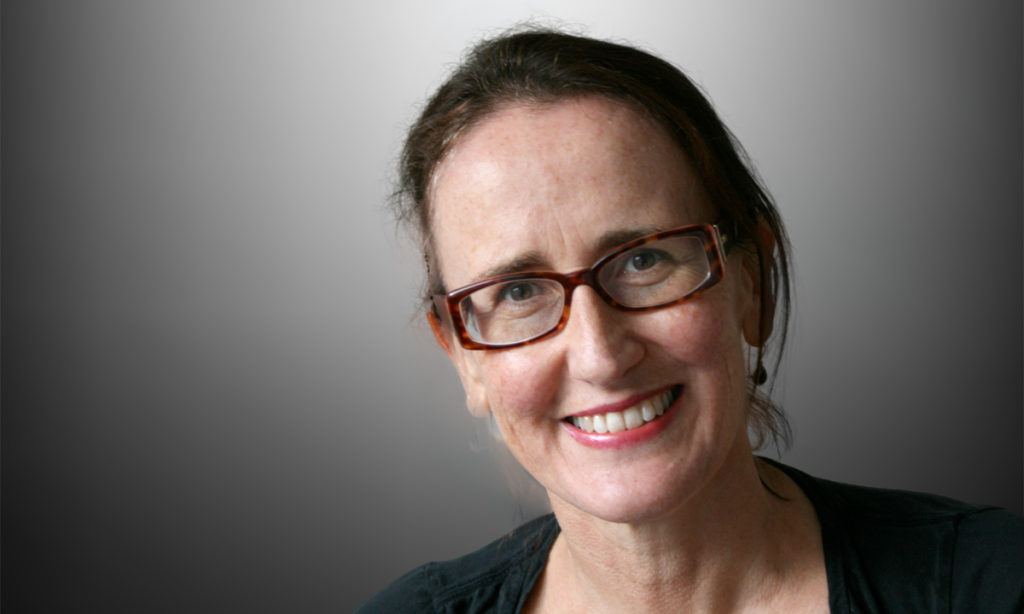AT the end of 2020, I quoted from Daniel Defoe’s A journal of the plague year in one of my columns for InSight+.
That book is probably the most striking literary text produced by Europe’s repeated outbreaks of bubonic plague, albeit written well after the events it describes.
I have spoken to many fiction writers over the past year who are perplexed at the challenges posed by COVID-19. Does every contemporary novel have to have a pandemic background or should writers opt instead for a pre-pandemic setting?
Mind you, that would pose its own challenges. It’s hard to see how you could avoid harbingers of doom if you set your work in 2019.
Right now, the dilemmas of storytellers are trivial compared with those faced by public health officials, but across the long sweep of human history, art and story are key ways we understand the world and our own place in it.
I’ve been wondering lately what the finest narratives of our plague-ridden times may turn out to be.
It takes time to digest catastrophe so, as in the case of Defoe, the most profound works may not emerge for years or decades to come.
That said, some outstanding essays inspired by the crisis have appeared over the past year, some by journalists, some by creative writers. You can find reading suggestions here or here.
Unlike in Defoe’s time, film is probably our favourite storytelling platform these days. Who hasn’t binged long-form television during lockdown?
Last week, I watched Sonya Pemberton’s new documentary, Cracking COVID, available on ABC iView.
Pemberton, who describes herself as a documentary filmmaker with a passion for science, has an established interest in immunisation and infectious disease. Her 2013 film, Jabbed: love, fear and vaccines, offered an intelligent exploration of vaccine hesitancy.
In this latest film, she takes a more personal approach, documenting her own experience of Melbourne’s extended 2020 lockdowns as well as the rollercoaster ride for researchers seeking new ways to combat the virus.
It’s heartbreaking to watch the University of Queensland researchers who had to abandon their work on a vaccine that showed exceptional early promise. Their excitement at the early results turns to despair after the vaccine is found to give false positives for HIV infection, compromising its likely acceptance by the community.
A moving aspect of the film is its focus on Professor Peter Doherty, who becomes a central character in the story. The Nobel-winning immunologist brings his characteristic wit and humility to the film, along with an ever-present commitment to scientific rigour.
When Pemberton reminds him of that great lockdown moment when he accidentally typed a query about Dan Murphy’s opening hours into Twitter rather than a search engine, Doherty laughs and says the blunder may have been embarrassing but it at least earned him a raft of new social media followers.
Professor Doherty gave Pemberton extraordinary access, allowing her to attend and film the daily online meetings of scientists at the Peter Doherty Institute, and even allowing her to film him through the front window of his home when visits were impossible.
With many of us back in lockdown again, the film makes good viewing. It is a testament to our times, capturing the hardship but also the excitement of scientific endeavour.
As we contend with new variants of the disease and a botched vaccination program, the COVID-19 story is far from over but, as Pemberton says: “I guess we’ll just have to keep improvising”.
Jane McCredie is a Sydney-based health and science writer.
The statements or opinions expressed in this article reflect the views of the authors and do not represent the official policy of the AMA, the MJA or InSight+ unless so stated.

 more_vert
more_vert
Improvising ?
Close the damn international border.
Close the NSW border.
No more damn delivery drivers travelling interstate.
Get the public vaccinated, either with carrot ( tax deduction or bonuses ) and/or stick ( restrictions on access and travel )
There’s the answer.